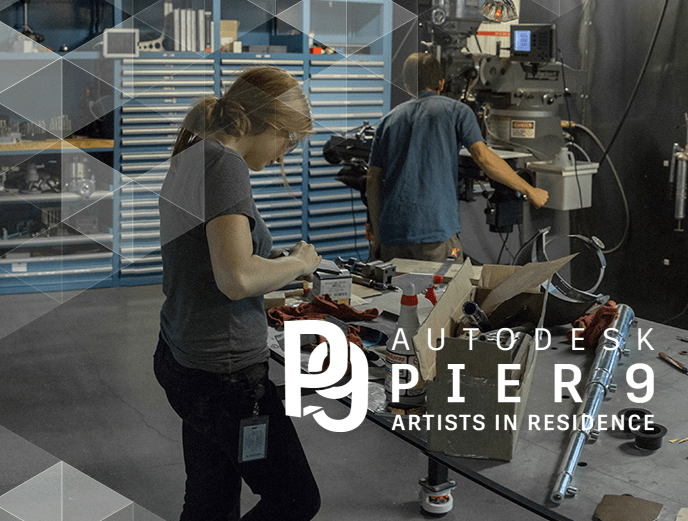Tristan Pollock


Facebook, Adobe, Autodesk and Planet Labs all have started creative residency programs in the last year, but they are nothing new.
Artist-in-residence programs started over a century ago and ranged from making studio space in offices to placing painters, sculptors, poets and musicians at universities.
Art has always been an important part of innovation. It actually helps Nobel Prize winners (and everyone else) be better at science. And when you combine entrepreneurs and artists you get some fantastic results.
And just like how every entrepreneur-in-residence program is different, artist residencies vary widely and often depend on the organization they are inserted in.
What is the benefit of an artist-in-residence program for you company?
An artist-in-residence could be defined as ‘an artist embedded within an organization and given space and time to create.’ In the eyes of companies, and outside the eyes of arts organizations, the role changes slightly and includes a strategic layer around combining the artist’s creativity with the company’s goals, as well as compensation.
For example, Becky Simpson, one of Adobe’s past artists-in-residence, worked on launching a product line that featured her hand-drawn illustrations.
By sewing an artist into the fabric of the company — and giving them time to experiment — previously undiscovered opportunities can be explored.
Autodesk artist-in-residence Anouk Wipprecht designed an electricity-conducting dress that encouraged Autodesk engineers to add a new function to their 3D printer software allowing users to add breaks in 2-D renderings. Wipprecht then used these breaks as seams in her 2-D dress patterns.
As we speed into mid-century, in-house artists of varying ilks are going to become the norm to bring excitement, curiosity and maker spaces to office environments and co-working spaces. From mobile video to 3D printing to virtual reality, art is moving industries forward.
And it can be done in different ways — employing artists with business skills, artist residencies in co-working spaces, focused creative projects in offices— but it is essential to building inspirational and creatively strong companies, brands, and spaces in our cities that need art more than ever.
Who knows, maybe the next artist-in-residence you see won’t be a painter, but a street artist, fiction writer, stand-up comedian, or improvisational dancer.
Find this article helpful?
This is just a small sample! Register to unlock our in-depth courses, hundreds of video courses, and a library of playbooks and articles to grow your startup fast. Let us Let us show you!
Submission confirms agreement to our Terms of Service and Privacy Policy.
Already a member? Login
No comments yet.
Start a Membership to join the discussion.
Already a member? Login